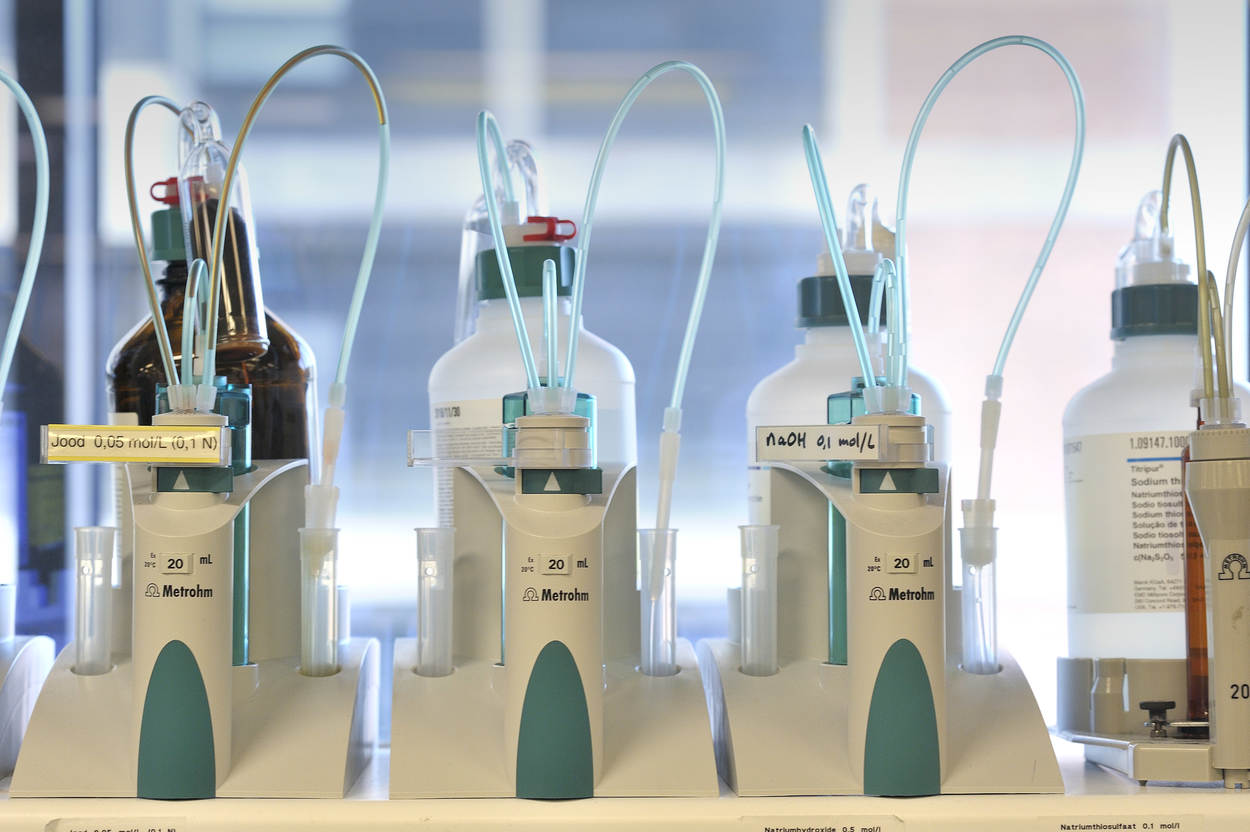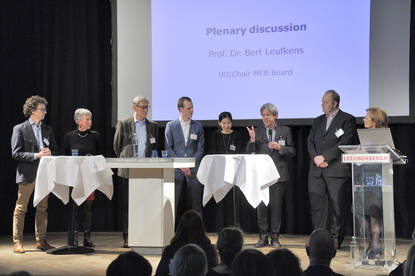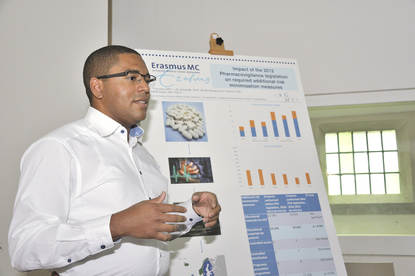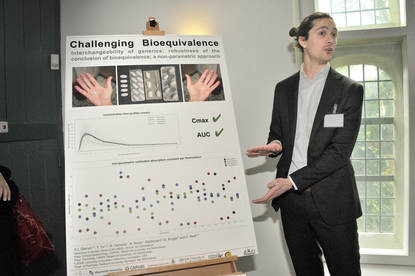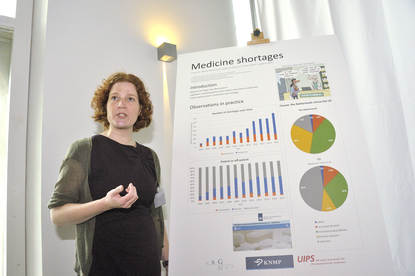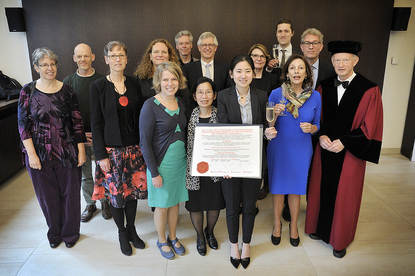Regulatory science provides the Medicines Evaluation Board (MEB) with up-to-date data, knowledge and expertise based on current scientific insights, for optimal evaluation and marketing authorisation of medicinal products and novel foods. This ensures an even better assessment of risks, efficacy and quality.
Research trajectories & programmes
On the MEB website you can find all the research trajectories and programmes the MEB supports.
Regulatory science opens the door to optimal evaluation
In the second quarter of 2017 the MEB has organised or visited several interesting meetings.
- On 13 April 2017, the Dutch Society of Toxicology, section Pharmaceutical Toxicology organised their annual spring symposium in collaboration with the MEB.
- The start of the Roadmap project 23-24 March 2017.
- Vac2Vac Annual Meeting 9-10 March 2017.
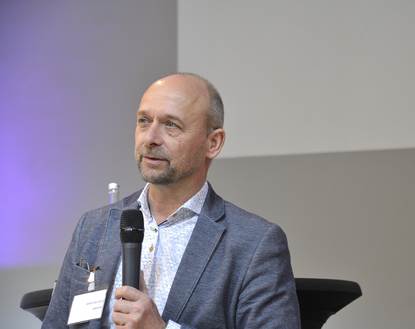
13 April - Sense and nonsense of safety studies in animals
The invited speakers shared the latest insights on the topic from various perspectives. Furthermore, the unique highlight of the symposium was the 40-years jubilee of Jan Willem van der Laan as civil servant. Jan Willem started his working career as a PhD student at the Erasmus University in Rotterdam in 1977. Currently he holds a position as senior assessor pharmacology/toxicology at the MEB, contributing to safety assessment and international guideline development. He also holds the chair of the Safety Working Party of the Committee for Human Medicinal Products.
- "Toxicology of medicines is most often exaggerated pharmacology. Classical endpoints such as NOEL are useless. NOEL should be celebrated once a year. Not used in risk assessment of medicines".
- "Regulatory Guideline are intended to support the thinking process in drug development, not to replace this process."
- "Focus on unraveling mode of action will lead to reduction of standard toxicity studies and reduction of the use of animals."
Jan Willem van der Laan, 13 April 2017
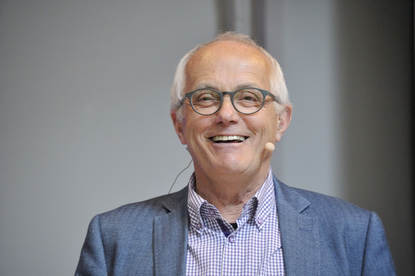
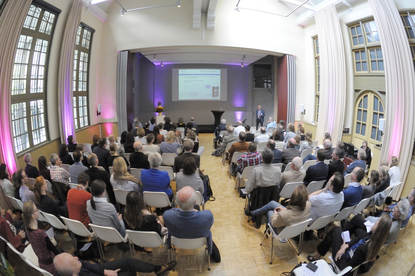
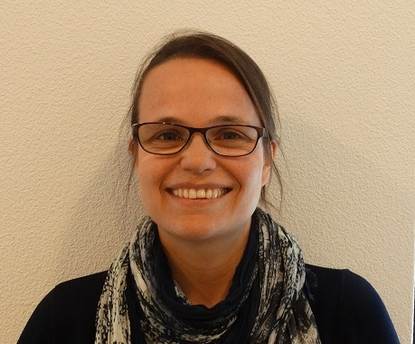
23-24 March, ROADMAP project holds 2nd General Assembly in Barcelona 2017
On 23 and 24 March, the partners of the ROADMAP project met for the 2nd General Assembly Meeting of the project in Barcelona, Spain. The meeting was chaired by John Gallacher (University of Oxford) and Frederic de Reydet de Vulpillieres (Novartis on behalf of EFPIA). The aim of the meeting was to provide an overview of the progress of the project and to identify opportunities for further cross-Work Package collaboration.
During the second day, the current selection of disease models and their validation were discussed. This presentation was followed by a fingerprints demo on data source overview and characterisation. Jacoline Bouvy (NICE), Christine Gispen (MEB,) and Robin Thomson (Biogen) introduced the work on regulatory and HTA engagement, including the platform to engage with regulators/HTA bodies.
The official ROADMAP website www.roadmap-alzheimer.org which was launched during the General Assembly, includes recent news, access to the official ROADMAP twitter handle and an overview of the project’s Work Packages as well as the projects partners. Visitors also have the opportunity to subscribe to the project’s quarterly newsletter.
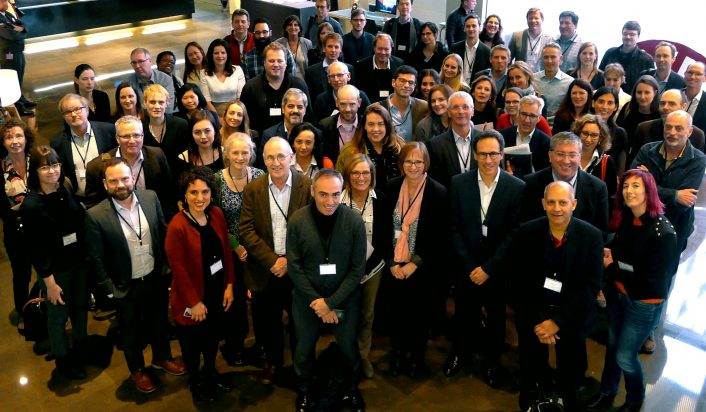
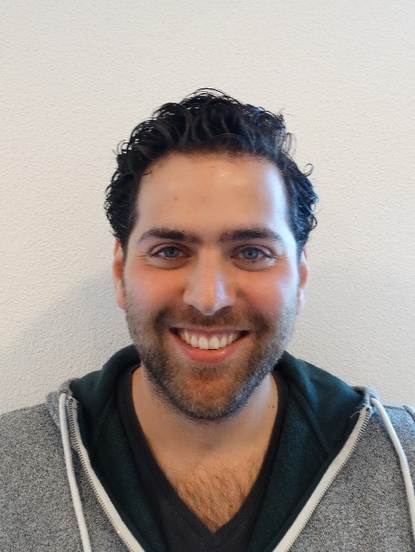
9-10 March, VAC2VAC annual meeting 2017
The first annual meeting of the VAC2VAC project was hosted by the Paul-Ehrlich-Institut on 9 and 10 March 2017. The big progress and interest towards animal-free batch to batch vaccine consistency testing was reflected by the productive interaction between academic, industrial and regulatory VAC2VAC partners as well as the strong participation of more than 80 members.
The meeting focused on the progress in method development, including for example physicochemical, immunochemical and cell based methods. Furthermore, the roadmap for the next year and the implementation of results via active communication to regulatory authorities was defined.
VAC2VAC is financed for five years by the “Innovative Medicines Initiative” (IMI2), a joint initiative of the European Union and the European Federation of Pharmaceutical Industries and Associations.’
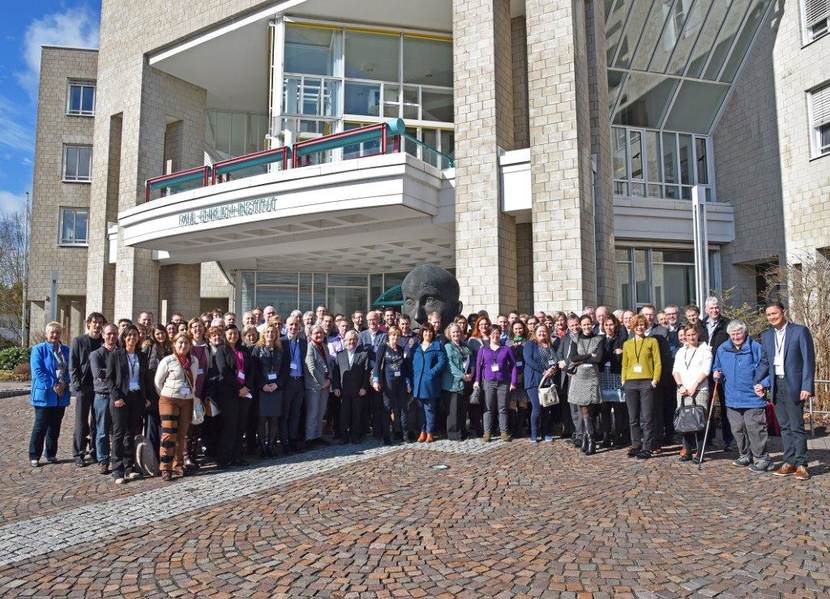
Theses highlights
- On 29 June 2017 at 12:45, Julien Tanniou aims to defend his thesis “To lump or to split? Statistical evidence of subgroup findings in confirmatory clinical trials and the regulatory perspective.” Julien investigated the statistical and methodological challenges of interpreting subgroup findings in clinical trials, especially in the case where the overall trial result may not be convincing. He also made a first evaluation of the extent that subgroup findings play a role in regulatory evaluation and decision making. The research was a collaborative project between the Julius Center of the UMC Utrecht, and the MEB.
- Jorn Mulder started his NKI research at 1 May 2017. Thesis: Personalised medicine.
Supervisor Prof. dr. Jan Schellens (NKI-AvL)/cosupervisors dr. Marjon Pasmooij & dr. Violeta Stoyanova.
-
Doctorate 19 May 2017: Abby Yang Yu, MSc: Towards understanding interchangeability of generic drugs
Student highlight: Deliana Dimitrova
Being an intern at the MEB is a truly wonderful experience, since it allows me to experience drug regulatory affairs firsthand. Everyone at the office is helpful, friendly, and interested in taking time out of their busy schedule to discuss their job and help the students. There are numerous research projects performed here, which contribute to the overall regulatory science knowledge and I am glad to be a part of this community.
For the past 7 months, I have been performing a research project on European Scientific Advice (SA). My research question is, “Does the Scientific Advice procedure provide opportunities to apply the 3R principle?” This question is of particular interest since both the MEB and EMA support the 3R initiative, whose goal it is to Replace, Reduce, and Refine the use of animals when considering the choice of methods at the pre-clinical stage of drug development.
Although guidelines dictate the general requirements for these studies, the overall pre-clinical package is malleable and deviations are encouraged as they may lead to reductions in animal studies. The SA procedure offers a point of contact between the regulatory authorities and the industry during drug development. Due to this, it is expected to provide opportunities for alterations in the pre-clinical plan.
Thus, my conclusion so far is that specific questions encourage a scientific discussion and facilitate the application of the 3R principle. I think my research not only enhances our knowledge of the uncertainties faced by companies during pre-clinical development, but also shows that asking the right questions at the right time is important in strengthening the 3R principle.
Publication highlights
Stephanie S. Weinreich published an article Aggregated N-of-1 trials for unlicensed medicines for small populations: an assessment of a trial with ephedrine for myasthenia gravis in the Orphanet Journal of Rare Diseases.
